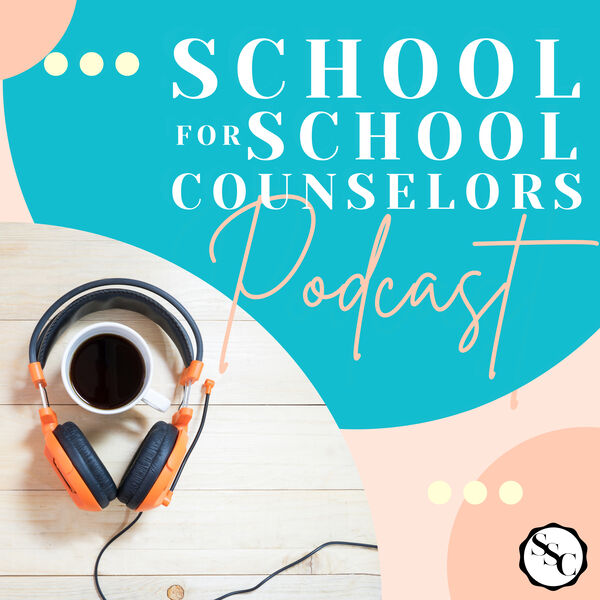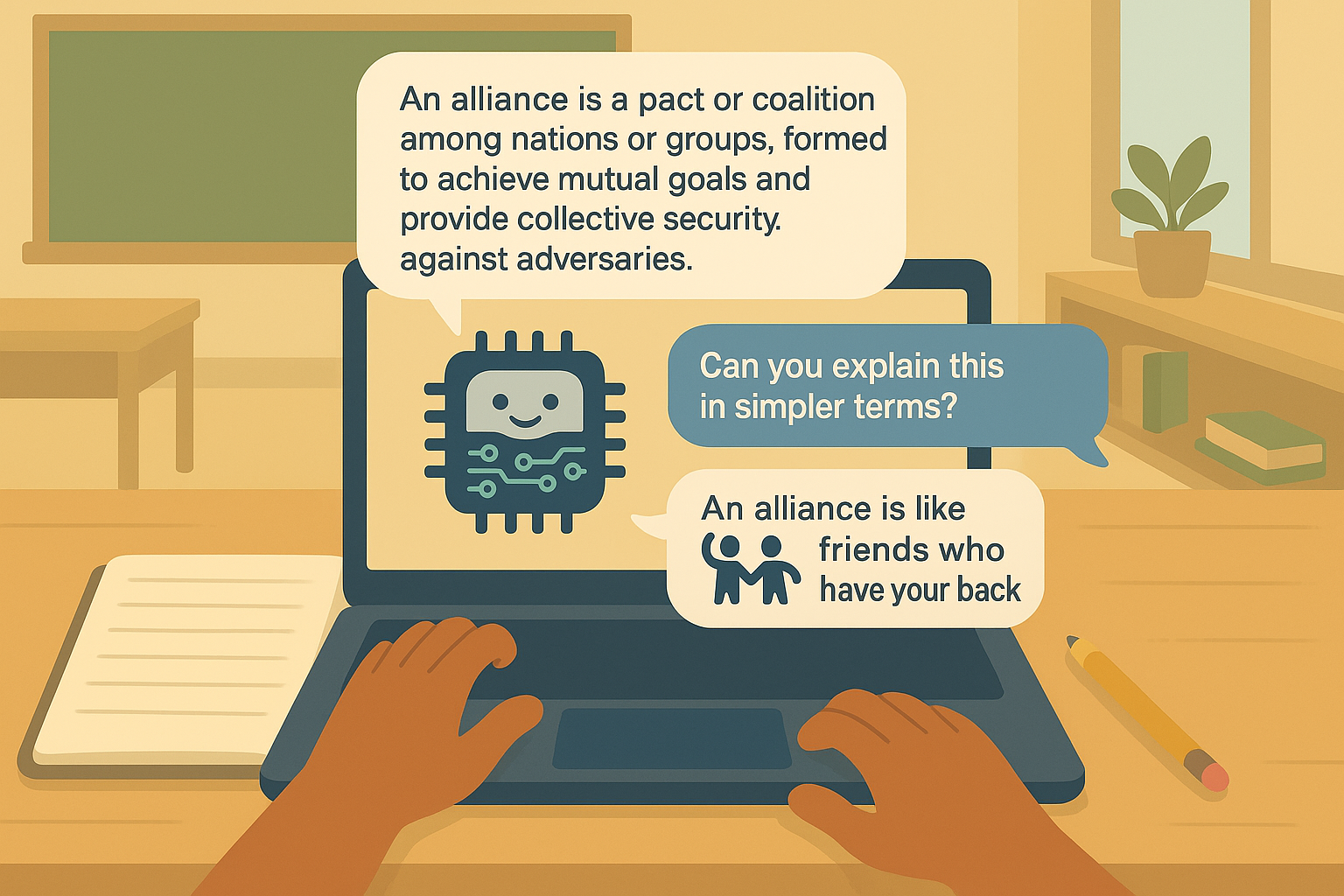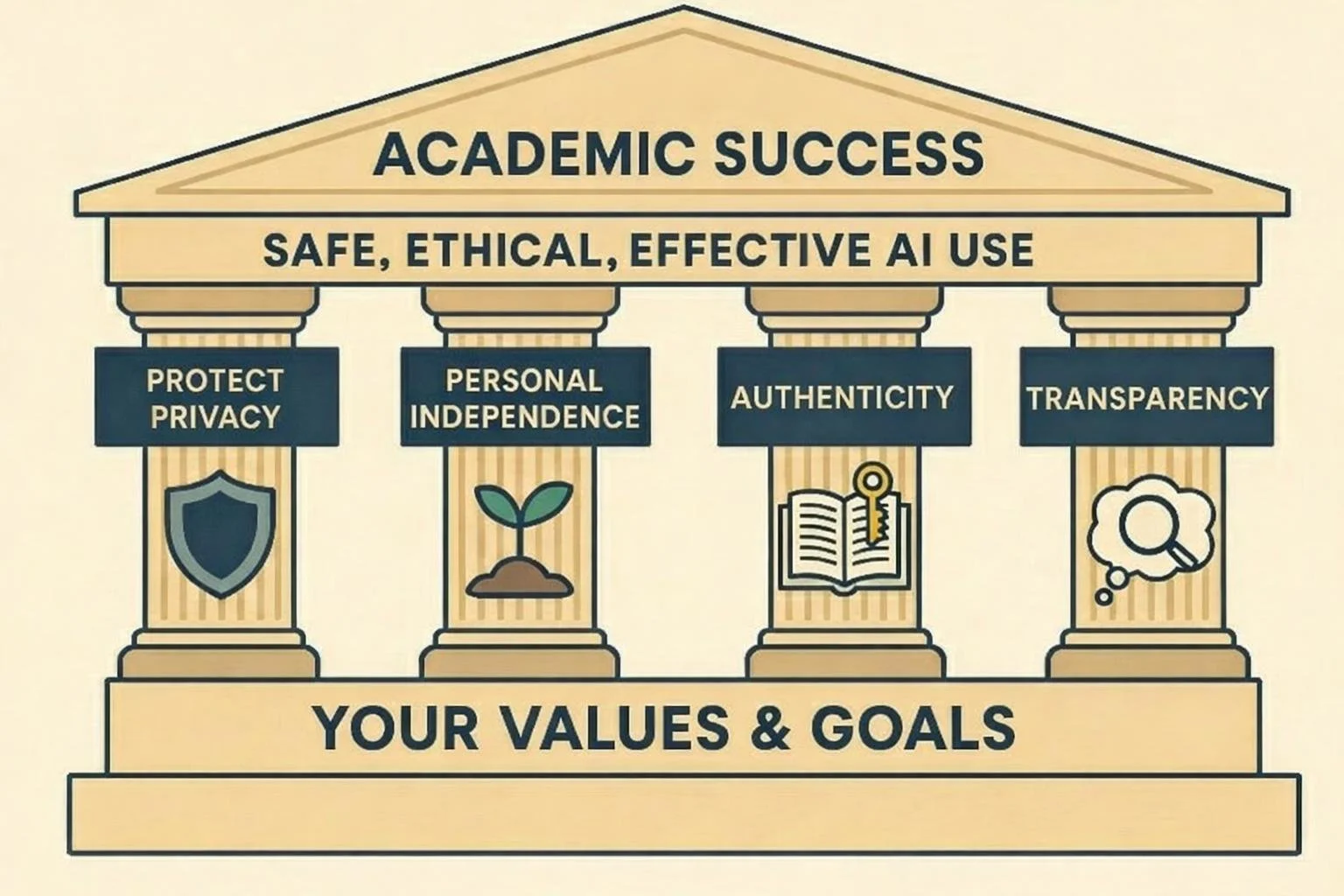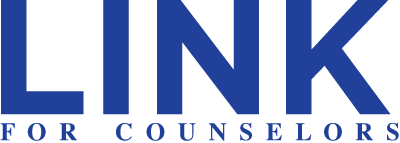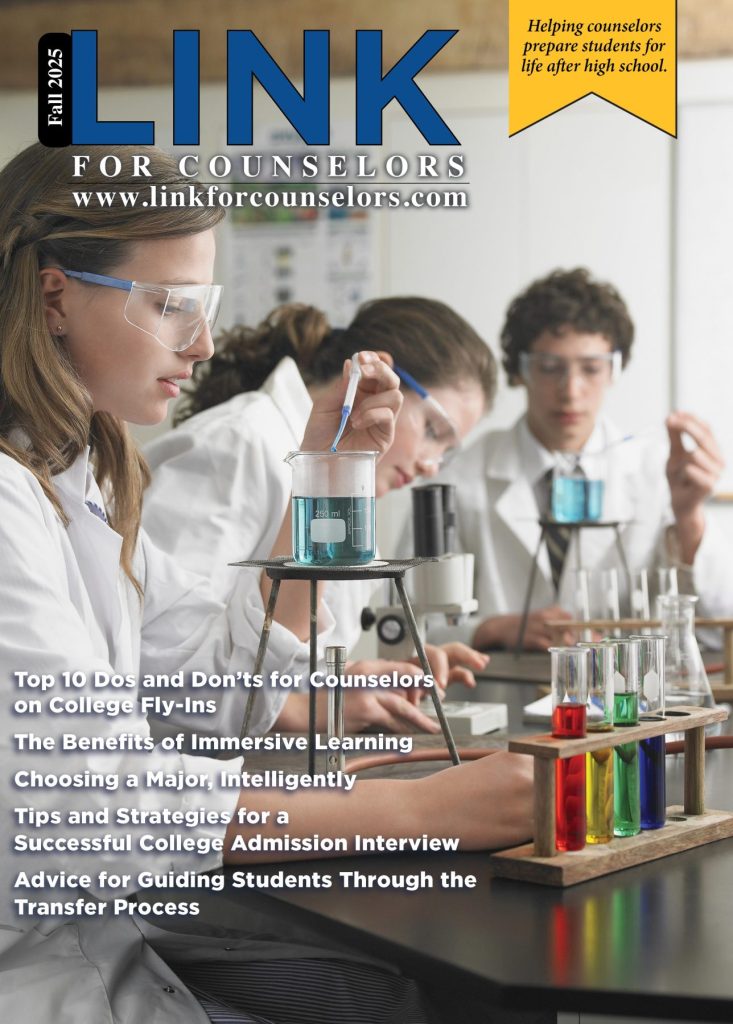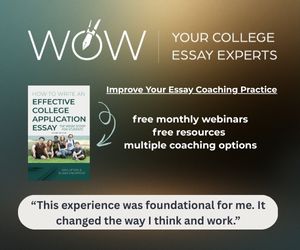“What matters most isn’t where your students go for the summer — it’s what they do with their time.”
Selective summer programs can be powerful experiences for students who are ready for them. At their best, these programs offer intellectual depth, mentorship, and immersion; experiences that most high schools can’t replicate. Students are surrounded by peers who share their curiosity, are challenged to think at a college level, and asked to engage deeply — whether through research, discussion, creative work, or collaboration. From an admissions perspective, highly selective programs help colleges see how a student functions in an advanced academic environment: Do they take initiative? Can they handle rigor? Do they contribute meaningfully to a learning community? When aligned with a student’s genuine interests, these programs often lead to growth, clarity of purpose, and experiences that naturally enrich college applications.
For high school students applying to college in the fall of 2026 or 2027, choosing a summer experience that’s intellectually rich and selective can be both personally rewarding and can help to create a more cohesive and compelling college application. Below are some of the most respected programs — with links so families can explore details and applications directly.
Research & STEM Immersion Programs
• Summer Science Program (SSP) – Immersive, five-week research-based STEM experience where students conduct real scientific research in teams on a college campus. Tracks include Astrophysics, Biochemistry, Bacterial Genomics, and Cell Biology. Applications include essays and recommendations. Financial aid is available. https://ssp.org/
• Research Science Institute (RSI) – A six-week elite summer research program at MIT for top STEM students. RSI combines advanced coursework with independent research under faculty mentorship — highly competitive with a rigorous selection process. https://www.cee.org/programs/research-science-institute
Humanities & Social Sciences
• Telluride Association Summer Seminar (TASS) – A free, six-week seminar-style program emphasizing critical thinking and discussion in humanities and social sciences. TASS offers two thematic tracks and covers tuition, room, and board at no cost to participants. Telluride Association main program page: https://tellurideassociation.org/our-programs/high-school-students/ https://apply.tellurideassociation.org/
• Princeton Summer Journalism Program (PSJP) – A free journalism-focused summer and college prep program for high school juniors from limited-income backgrounds. PSJP combines virtual workshops with an on-campus residential experience at Princeton. https://psjp.princeton.edu/
State-Sponsored Governor’s School Programs
Many states offer Governor’s School opportunities — selective and often tuition-free summer programs that bring together high-achieving students for advanced study and immersive learning. These vary by state in focus, duration, and eligibility, but generally combine residential life with academic enrichment.
• North Carolina Governor’s School – A 5½-week statewide summer residential program with interdisciplinary and arts curriculum for selected students. https://www.ncgovschool.org/
• Governor’s School of New Jersey – A tuition-free STEM-focused residential program offering tracks in Sciences and Engineering & Technology for New Jersey high school students.: https://www.nj.gov/govschool/
• Pennsylvania Governor’s School for the Sciences (PGSS) – A five-week summer science research program hosted at Carnegie Mellon University for selected Pennsylvania students. https://www.cmu.edu/mcs/pgss/index.html
• Kentucky Governor’s Scholars Program – A summer residential academic and leadership program for rising seniors in Kentucky. https://gsp.ky.gov/
• Georgia Governor’s Honors Program (GHP) – A summer residential academic enrichment program featuring advanced coursework and enrichment for Georgia high school students.
https://gosa.georgia.gov/governors-honors-program
(Note: Some states also offer additional Governor’s School programs in the arts, humanities, and specialized areas — explore your state education department’s site for full details.)
Other Selective Summer Experiences
In addition to the programs above, students might consider experiences like Stanford University Mathematics Camp, SUMaC: https://sumac.spcs.stanford.edu/, Program in Mathematics for Young Scientists, PROMYS: https://promys.org/, MIT Introduction to Engineering and Science, MITES: https://mites.mit.edu/discover-mites/mites-summer/, and others that are highly selective within their fields. Look into each program’s official site or application portal for details and deadlines.
A Valuable Reminder for Families
Selective summer programs are not the right fit — or the right goal — for every student. Colleges are not looking for identical resumes. For many students, a summer spent working a job, volunteering consistently in the community, or combining both can be just as compelling, and sometimes more so. Holding a job demonstrates responsibility, time management, and maturity. Meaningful community service shows commitment, empathy, and follow-through. Admissions officers value sustained engagement and real-world experience, especially when students can reflect thoughtfully on what they’ve learned. A summer that includes earning money, supporting family needs, contributing to a cause, or growing in independence can speak volumes.
Lee Bierer is an independent college adviser based in Charlotte. Send questions to: lee@bierercollegeconsulting.com; www.bierercollegeconsulting.com



